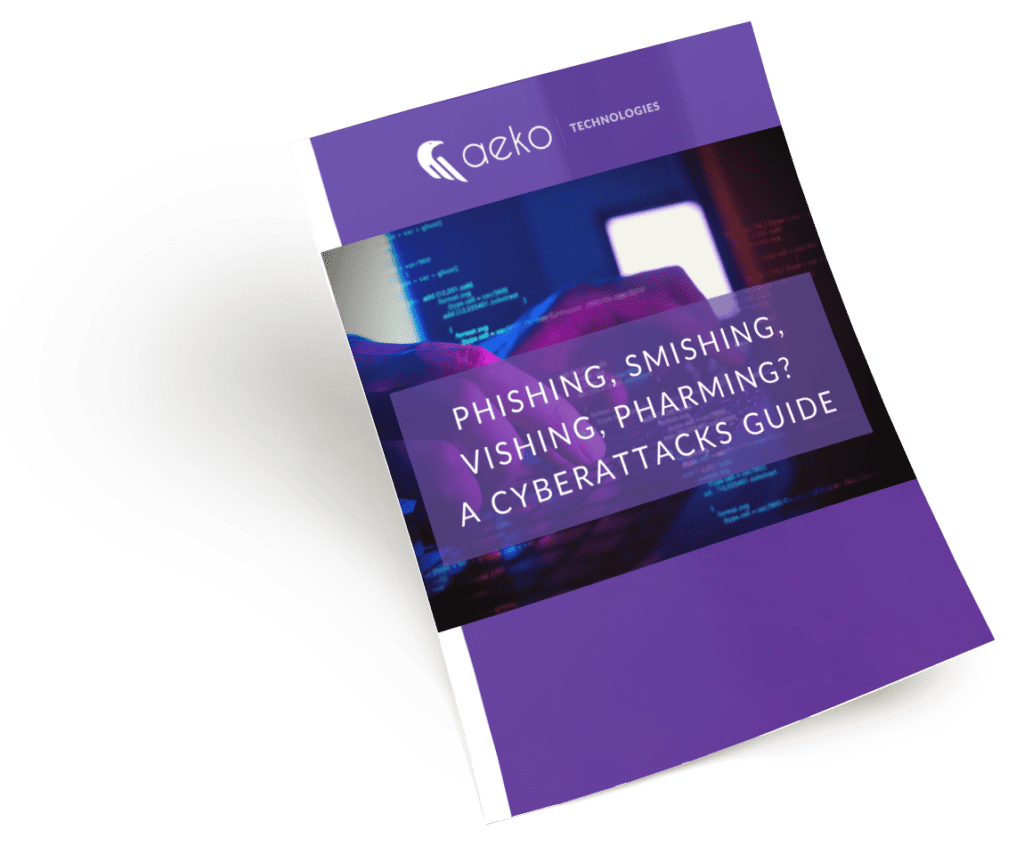How can accounting and financial firms avoid being one click away from disaster this 2022 tax season? With phishing scams, malicious email attacks, SMS or other digital platforms, cyber security is a definite necessity in businesses today.
Tax season phishing scams are a real threat. It’s estimated that three billion phishing emails are sent each day. At the same time, phishing messages sent through SMS, frequently called “smishing” attacks (it’s okay, you can laugh at the terminology), increased 700 percent in just six months. According to Cisco’s most recent trends report, 86 percent of organizations report having at least one employee who clicked on a phishing message.
Corporate Training and Cyber Security
Accounting and financial firms need to invest in comprehensive awareness training for tax season phishing scams, ensuring that their employees are prepared to identify and defend against breaches. Employees who accidentally misuse sensitive information and those who maliciously compromise critical data pose a significant threat to data privacy and cyber security. A whopping 85 percent of data breaches involve a human element, and human error plays a significant role in a company’s cyber security capacity.
Employee monitoring, training and data loss prevention software can help detect and deter threats. In 2021, ransomware attacks were at a record high, with one attack every 11 seconds. These attacks, which rely on compromised login credentials, software vulnerabilities or employees with access to company networks and encrypted files, can have enormous financial repercussions. Thankfully, there are several best practices available to secure company data from threats lurking within the organization:
10 Cyber Security Best Practices
- Keep software up to date.
- Avoid opening suspicious emails.
- Keep hardware up to date.
- Use a secure file sharing solution.
- Use anti-virus and anti-malware protection.
- Use a VPN to privatize your connections.
- Check links before you click.
- Create complex passwords.
- Enable 2-factor authentication.
- Remove ad-ware from corporate devices.
Your business needs solid policies, proven procedures and robust training to complement your cyber security efforts. Together, all these things will help shield your company from system failures and tax season phishing scams. Doing business without proper security measures is asking for trouble. Even simple cyber security protocols, like regularly updating passwords and requiring two-factor authentication (also known as multi-factor authentication), can thwart cyber threats. This tax season, getting the basics right can make all the difference.
Tax Season Phishing Scams: Don’t Take the Bait
It is becoming increasingly difficult for financial and accounting firms to keep tax season phishing scams at bay. How can your business avoid being caught like a fish (or phish) on the hook?
As a managed IT and cyber security provider, we know the tricks that make employees take action. That’s why we offer all the most important tips for phishing prevention for use in your offices and for sharing with your employees. Call or book a quick consultation with us to increase cyber awareness for your business.
Are you aware of the most common cyberattack methods?
Did you know there are over 3.4 billion phishing emails sent every day? Phishing and other cybercriminal behavior are a lot more common than you’d think.
Our free “Phishing, Smishing, Vishing, Pharming? A Cyberattacks Guide” will inform you about cyberattack methods and give you the latest in data security tips.


